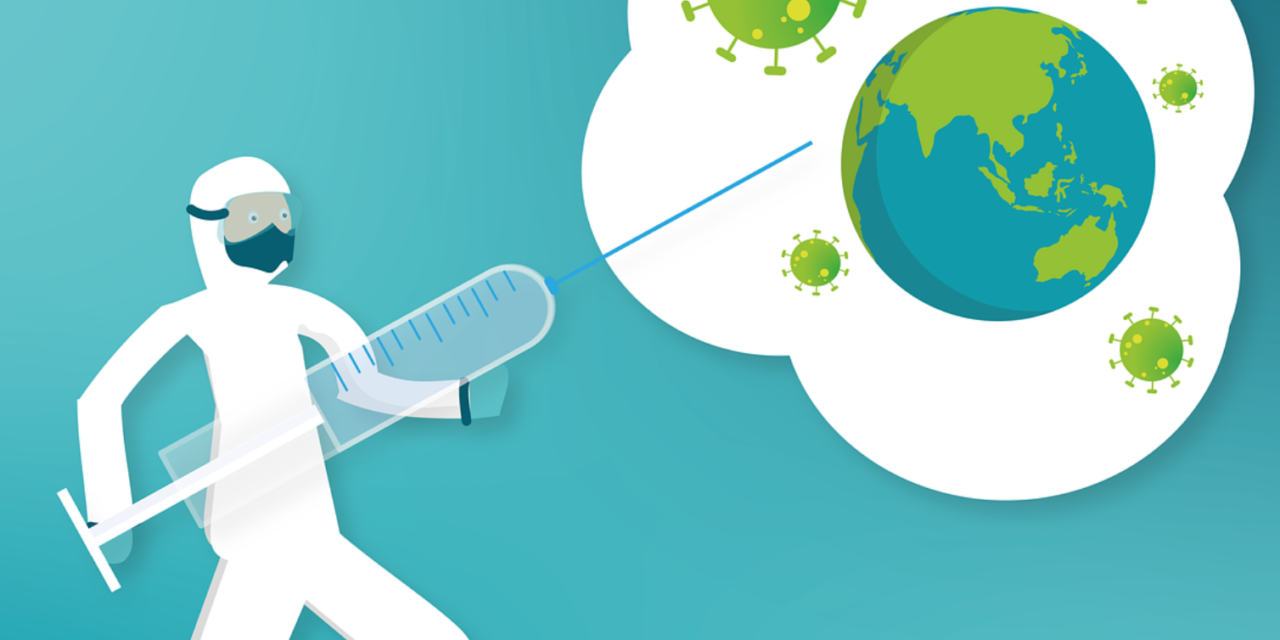For months, the North Carolina Department of Health and Human Services (NCDHHS) has been focusing much of its attention on how to battle COVID-19 in minority communities and in medically underserved communities.
This week NCDHHS announced another program along those lines, a new partnership with North Carolina Central University (NCCU) meant to further enhance COVID-19 outreach efforts.
One purpose of the move is to encourage people in the targeted communities to get vaccinated.
NCCU’s new “Advanced Center for COVID-19 Related Disparities” will play a big part in the effort meant to make sure that underserved communities are getting accurate and full information about the disease and the vaccines.
According to a Tuesday, Dec. 29 press release from NCDHHS, the partnership aims to help everyone involved make informed decisions about COVID-19 vaccines.
“As the pandemic continues to disproportionately affect historically marginalized communities, it is essential that we reach those most impacted,” said NCDHHS Deputy Secretary for Health Services E. Benjamin Money, Jr.,
He added that the effort will “better ensure that we engage American Indian, African American and Latinx populations, as well as those without internet access, to build confidence in the safety and effectiveness of the COVID-19 vaccines.”
Among other things, NCDHHS and NCCU will conduct a survey to complement the state’s existing data and to guide new communications efforts. That data will also help shape materials and outreach efforts to provide “accurate and reliable information that aligns with the needs and concerns of different communities.”
“As a two-way exchange of information, this resource-sharing platform will greatly benefit all North Carolinians and help us better serve the state and its communities of color,” said Deepak Kumar, the Director of the Julius L. Chambers Biomedical Biotechnology Research Institute and the founder of the new program at NCCU.
“The partnership will support our efforts to serve as a resource for underserved communities through our network of community leaders and health partners,” Kumar added.


No one should be treated differently because they chose to not educate themselves on health matters. If any human being doesn’t know about Covid, what’s available to prevent it, and how to protect themselves by now, creating a special program to educate them is a waste of money. Visit any emergency room and you will see it packed with people of color – they do not need a special program to let them know they can get healthcare. Not equal, special treatment is what minorities demand. What in the world will minorities do when they are the majority and there is no privileged White citizens to carry them?
Right! All the more reason not to achieve in that Big Brother will take it anyway. I used to look down on people who would say something like: “the gummits gonna it anyway, so why bother?”. Now I understand.
You only have to look at the leaders in most. Democratic areas of our America.Those that are controlled by white women,black women ,black men and wimpy old white men are royally screwed up.Look at California,Oregon,Washington,Illinois,and New York. In Greensboro we have woman mayor,black Chief and Sherrif,all minority city council- women and black,and 3/4 of commissioners are female and minority.If one looks at failure to succeed in areas controlled by Democrats and minority Greensboro is on line to be a BIG BUST in the next 2-4 years.Why. Does anyone think that the Democrats will succeed when their track record says failure and more tax and spend.
They keep targeting minority communities for a reason! Any educated person should NOT be taking any new, not unproven, MRNA vaccine that has never been used in humans before! People need to know that there are many people who have received this vaccine who are dying, and developing permanent damage! The pharmaceuticals will not legally be held liable if this damages or kills anyone! You’re on your own after you get sick or die from the vaccine! Blacks have already had a history of being experimented on in the Tuskegee Syphyillis experimentation. North Carolina already has a history of sterilizing people with mental retardation only to admit to what what done was wrong with compensation!
Everyone should not submit to this medical tyranny being pushed by Cooper and DHHS! The hazards of taking this new technology vaccine should be broadcast far and wide!
Two interesting NC government “dashboards” to look at regarding this misinformation.
https://covid19.ncdhhs.gov/dashboard/hospitalization-demographics
https://covid19.ncdhhs.gov/dashboard/cases-demographics